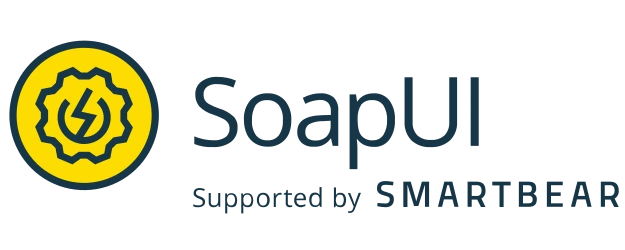The Power of Database Testing: Why it is Crucial for Business Growth
GuruPrasad Murthy


The primary advantages of QA automation testing services are minimizing the time dedicated to testing, decreasing human errors, enhancing consistency and expanding the testing scenarios, improving the application quality, and lowering the overall development costs.
Reduce manpower needs, lower testing costs, and speed up release cycles with automated test execution.
Identify defects during the development stage itself, ensuring quicker corrections and higher quality releases.

Achieve comprehensive testing across browsers, UI, databases, and servers, improving overall application reliability.
Run automation tests anytime, generate real-time reports, and validate builds with automated smoke testing for stable deployments.
As an automated testing company, Telliant uses advanced tools and custom scripts to automate test execution throughout the development lifecycle. Our approach reduces manual effort, accelerates validation, minimizes errors, and ensures consistent, high-quality software delivery.

This form of software testing is conducted to confirm the stability and viability of the software build. If any issues arise during this phase, the application is returned to the development team for modifications.

This testing ensures that the software continues to perform as expected despite changes in the code or program. It addresses a common issue faced by developers, where new changes can potentially introduce bugs into the software.

Uses external files like CSVs, spreadsheets, and databases to read data and create scripts. By separating test logic from test data, it enables reusable tests that can be run with various data sets, enhancing test coverage and reducing maintenance.

Selenium is a free, open-source framework used for verifying web applications across various browsers and platforms. Testing with Selenium, known as Selenium testing, is user-friendly and allows for quick and precise test execution.

This testing, conducted after unit testing, examines the interactions between individual units and components of a software application. It identifies integration issues early on, reducing risks and preventing costly efforts in later stages.

This is the concluding phase of QA automation testing services, verifying whether the system meets the user’s business requirements and is ready for production. At this stage, the decision is made to either accept or reject the software.

















Our blog shares real-world stories of building and deploying custom AI solutions, from predictive models and NLP tools to fully integrated intelligent platforms, highlighting the impact on performance, scalability, and growth.
In addition to functional, unit, security, and performance testing services, we offer comprehensive QA automation testing services including regression, smoke, integration, data-driven testing, and more. As an automation testing company, we help streamline QA workflows and optimize testing coverage to ensure faster, more reliable releases.
An automation testing company should bring deep expertise in modern tools, frameworks, and QA practices while ensuring scalability, reliability, and accuracy in every project. At Telliant, we combine over 15 years of test automation experience with a client-first approach to deliver tailored automation solutions that streamline QA and improve software quality.
We start by developing a comprehensive picture of your current SDLC. Then, we design and implement an automation framework that fits into your CI/CD pipeline with the least friction and the greatest efficiency.